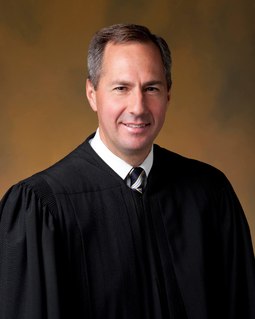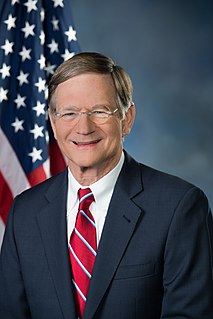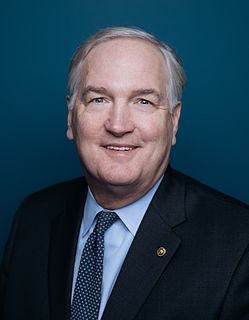A Quote by Orrin Hatch
In our system of government, the judicial and legislative branches have different roles. Judges are not politicians. Judges must decide cases, not champion causes. Judges must settle legal disputes, not pursue agendas. Judges must interpret and apply the law, not make the law.
Related Quotes
Judges decide upon copyright law. They decide upon trademark law. They decide upon scientific issues. They decide upon very complex technical issues on a daily basis. So you must have confidence in the Supreme Court, that they will apply their mind and they will come out with a decision consistent with the Constitution.
Conservatives . . . may decide to join the game and seek activist judges with conservative views. Should that come to pass, those who have tempted the courts to political judging will have gained nothing for themselves but will have destroyed a great and essential institution. . . . There are only two sides. Either the Constitution and statutes are law, which means their principles are known and control judges, or they are malleable texts that judges may rewrite to see that particular groups or political causes win.
The Musharraf government has declared martial law to settle scores with lawyers and judges. Hundreds of innocent Pakistanis have been rounded up. Human rights activists, including women and senior citizens, have been beaten by police. Judges have been arrested and lawyers battered in their offices and the streets.
How we decide the vexed issue of the method of selection of judges of the Supreme Court and the high courts would determine the future of our democracy and the rule of law in the country. We are faced with the twin problem of selecting the best judges and also ensuring that the judiciary would be insulated from executive interference.































